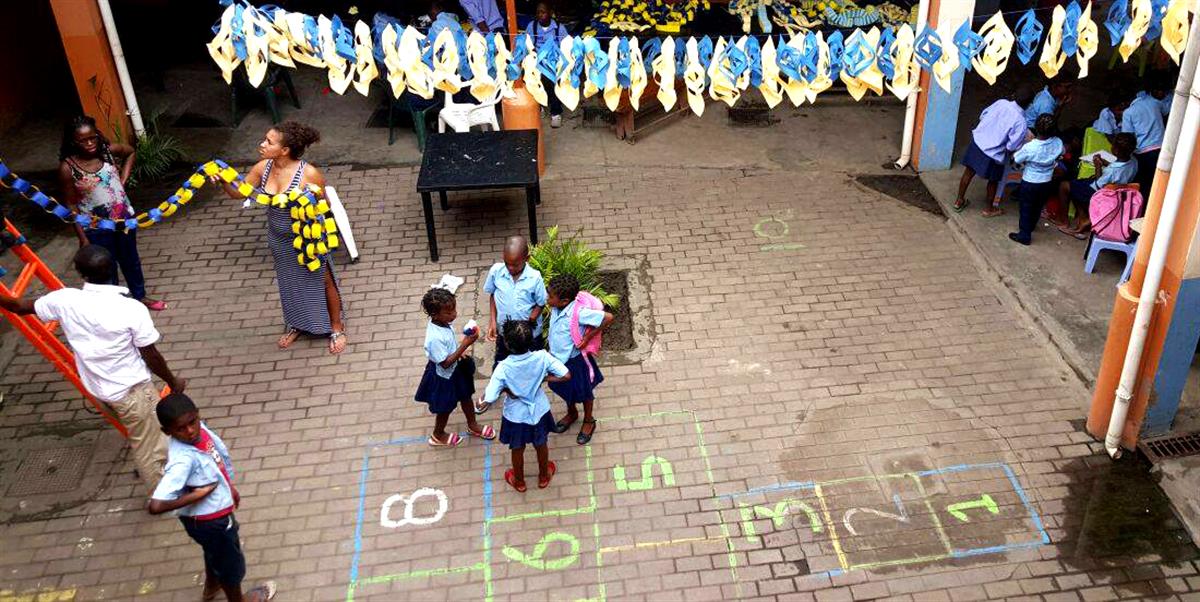
"The European Union is nothing if not ourselves. Indeed, we are Europe. It does offer possibilities, we need only to learn to embrace them to the advantage of everybody concerned. We need to start this efficient exchange of experience between the people actually in the field and the European Union". Giampaolo Silvestri on Italian national newspaper La Repubblica.
Giampaolo Silvestri, Secretary General, AVSI Foundation. (La Repubblica)
Forced migrants, bridges or walls, yes or no to Schengen… In the end, it's a question of creative genius, something that Italians, fortunately, aren't lacking, as documented by the fabric of modern civil society and the business world.
Creative genius is also needed to enter into a relationship with the European giant which looms large on the scene like a monster and to deal with him where brute force has so far achieved nothing. Rather, it has produced only effects of rejection, a desire to flee, and to construct walls that history will, sooner or later, demolish.
But confronted with the “epochal change” we're experiencing, as Pope Francis has called it, you can't be like boxers in the ring, looking to face off against an opponent.
Those who specialize in cooperation have learned, the hard way, to talk with Europe and understand that you must stay within Europe and its rules to be able to change them from inside or to use them to propose new, creative solutions.
The European Union is nothing if not ourselves. Indeed, we are Europe. It does offer possibilities; we need only to learn to embrace them to the advantage of everybody concerned – without excluding anybody. Saying that some policies are against us sounds, at times, like an excuse. A vague expression of inertia that, to be fair, risks keeping us sidelined, outside the ring looking in.
On the subject of refugees, for example, why not draw on the experience of those who are in the field and see what they have to say about the European Union?
Those who have worked in the Syrian refugee camps and are touched by the ordeal of people who have escaped war, know from experience that a project like cash-for-work can transform the two million refugees in Turkey, or the million and a half in Lebanon, into people who, thankful for work, earn back their dignity. Meanwhile, cash transfers, the easy course of action to which Europe and the large donors consistently recur, transform migrants into mere beneficiaries of aid. In this way, they become easy preys for traffickers or terrorists.
A salary in exchange for work, often in the public sphere, won't just be beneficial for Europe, because it will stem the arrival of new refugees, but it will also allow these “human resources” to stand on their own two feet. Precious capital from which even Syria could profit from when it rediscovers peace. Although those who arrive in Europe rarely return home.
Also, development workers in Africa are warning us right now that education is the necessary condition, even if insufficient, to ignite development in their contexts.
It may seem paradoxical to invest in a university in Juba, South Sudan, which is plagued by shortages and hunger. Yet, today, this young university is training teachers so that a chance can be offered to the younger generations today and reduce the rush to the north tomorrow.
We need to start this efficient exchange of experience between the people actually in the field and the European Union. You can ‘convince' the EU only by entering into its mechanisms. We are asked to do some enterprising work of sharing knowledge. There must be no barrier to it. On the contrary. Because even the famed bureaucrats are men and women. European institutions are made up of people. Let's start again from there.